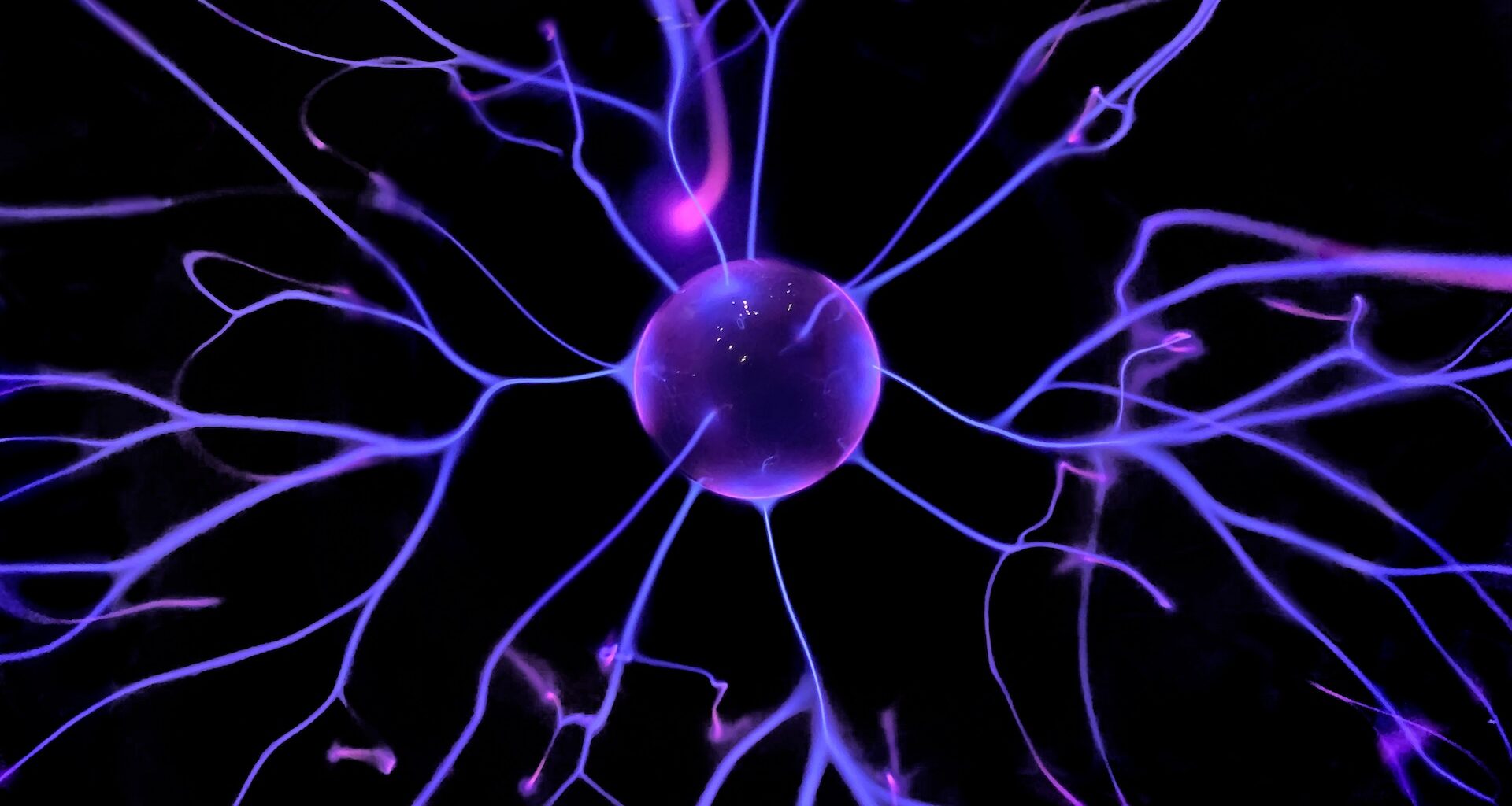Intense stress can lead to fuzzy memories, which can lead to more generalized fear responses. Now, scientists may have just discovered why.
A study in mice, published Friday (Nov. 15) in the journal Cell, suggests that stress hormones can distort how memories are recorded, leading to less-precise recollections and a future tendency to be unable to properly distinguish between safe triggers and threats.
The new findings could help uncover new avenues to treat people with post-traumatic stress disorder (PTSD) and generalized anxiety disorder.
“This is a tour de force study answering an age-old question that has not been answered — How does a traumatic or highly stressful experience increase fear generalization?” Denise Cai, an associate professor of neuroscience at the Icahn School of Medicine at Mount Sinai who wasn’t involved in the study, told Live Science in an email.
Scientists have long known that acute stress changes how memories are encoded, said study lead author Sheena Josselyn, a memory researcher at The Hospital for Sick Children and the University of Toronto.
For example, a person exposed to gunfire might later feel intense fear after a loud noise, which is an inappropriate response. This is called fear overgeneralization.
Josselyn and colleagues set out to understand what happens in the brain as these memories are formed.
They restricted lab mice’s movements for 30 minutes — an acutely distressing experience for the rodents. The mice were then trained to recognize two specific noises — one that preceded an uncomfortable electric shock, and one that didn’t. As expected, the stressed mice did not remember the noise well and instead became scared of many sounds.
A closer look at these mice’s brains revealed that the stress affected the traumatic event’s “engram,” the physical trace of a memory left behind as a group of neurons changes to encode the memory.
A typical engram tends to be quite “sparse,” using a small number of brain cells, Josselyn told Live Science. This ensures that recollections don’t get muddled together, she said. After exposure to stress, however, the engrams became larger, the team found.
This is because strong stress blocked inhibitory interneurons, or cells that typically regulate how excitable other neurons are. These cells usually act as gatekeepers that limit how many neurons are looped into an engram, the study found.
“These are like the bouncers at the nightclub that keep out the riffraff: Only the most excitable neurons are allowed into this nightclub and become part of the engram,” Josselyn said.
By triggering the release of corticosterone, the mouse equivalent of the human stress hormone cortisol, stress sparked the release of a neurotransmitter called endocannabinoid, which then blocked the action of the inhibitory interneurons.
The fact that more neurons are encoding a traumatic memory may explain both why these memories can be hazy and why people tend to overgeneralize fear from the original event to other experiences.
Importantly, administering metyrapone, a chemical that inhibits the synthesis of corticosterone, before the mice were exposed to the stress reversed that effect without altering the memory of the original stressful event.
Because the study was done on mice, it’s not yet clear whether the results can be applied to humans, Josselyn said.
Still, by providing insights into how stress can lead to the overgeneralization of memory, the study could help researchers develop targeted treatments to counteract the effect without affecting other memories, Cai said.
“This has a lot of translational relevance for mental health disorders, such as PTSD and generalized anxiety disorder,” she said.
The study also raises questions about the use of cannabis in the context of PTSD, Josselyn said.
A few clinical trials are studying whether cannabinoids or cannabis products could treat PTSD and other anxiety disorders, but the field is still in its infancy. As a result, the US Department of Veteran Affairs recommends against the use of cannabis products in the treatment of PTSD. Still, anecdotal reports suggest some people with PTSD have been using cannabis, possibly to self-medicate, Josselyn said.
“People are using a lot of cannabis for recreational and halfway-medicinal purposes. But the scary thing is that we really don’t understand a lot of the effects of cannabinoids” in PTSD, she said. “That really means we absolutely need to study this.”





